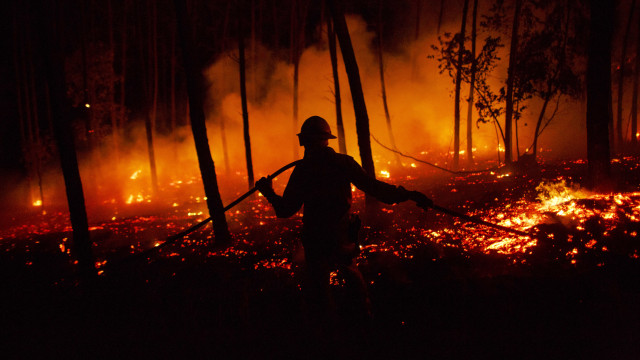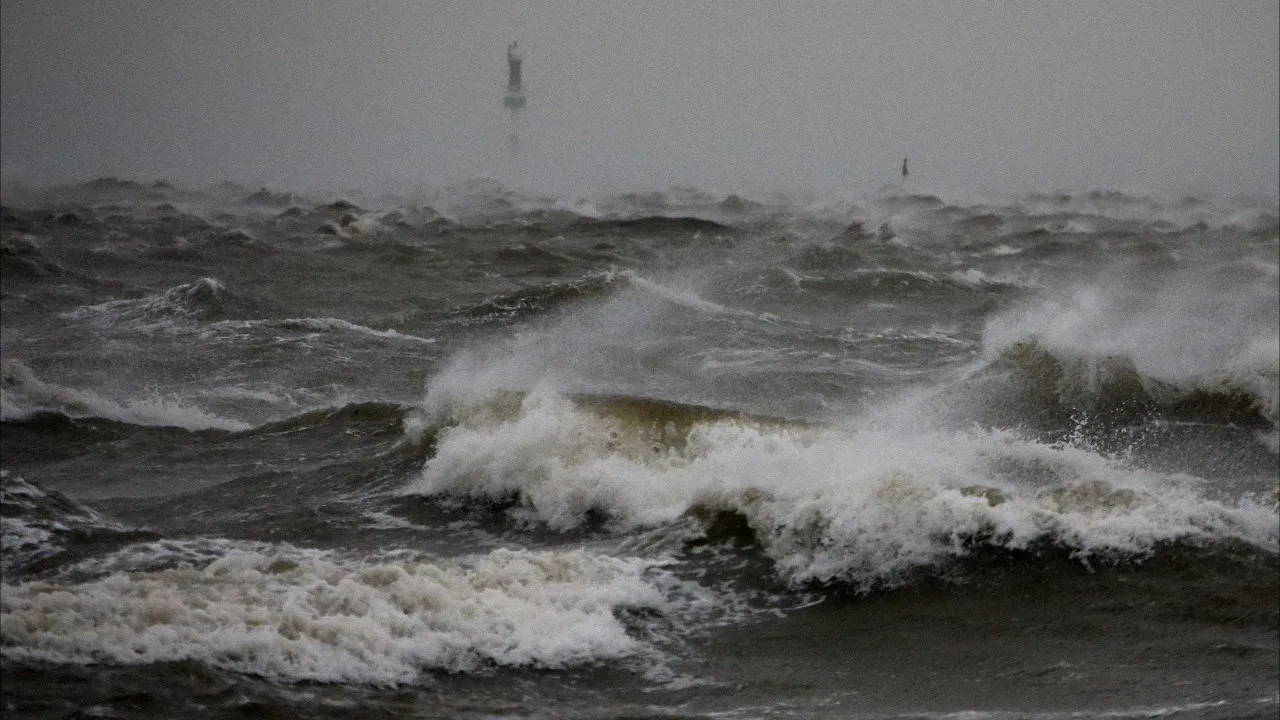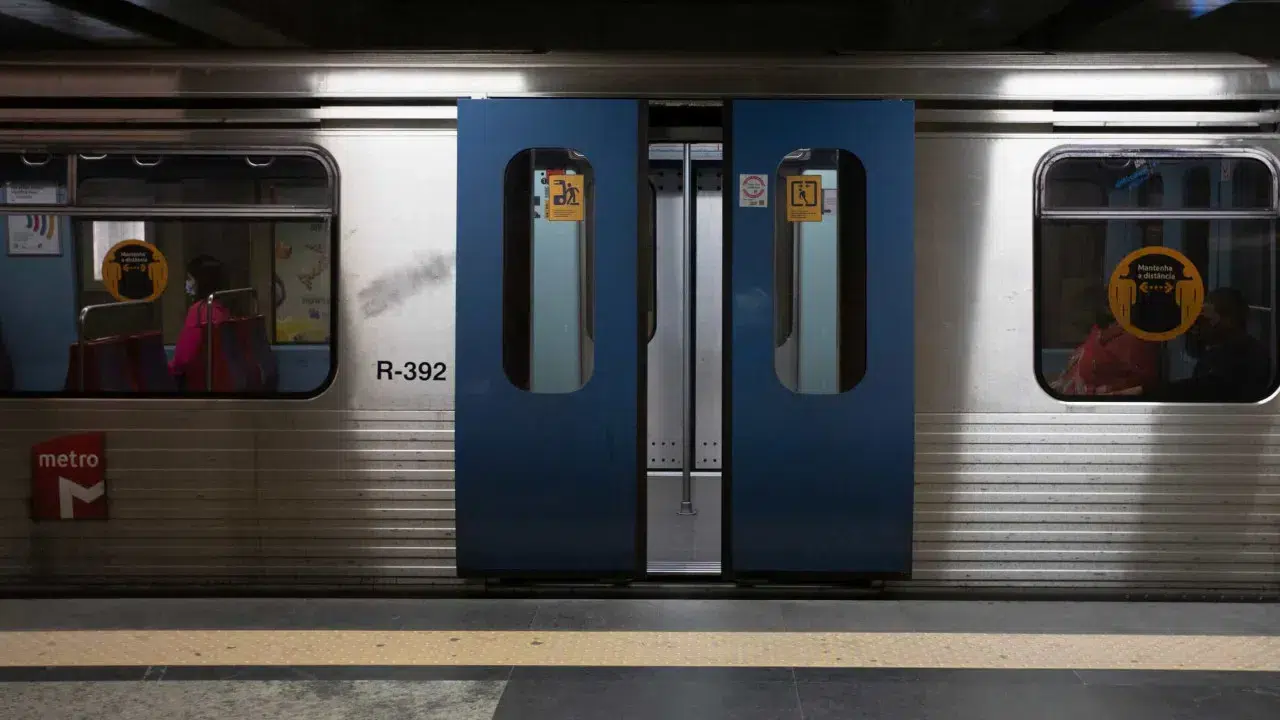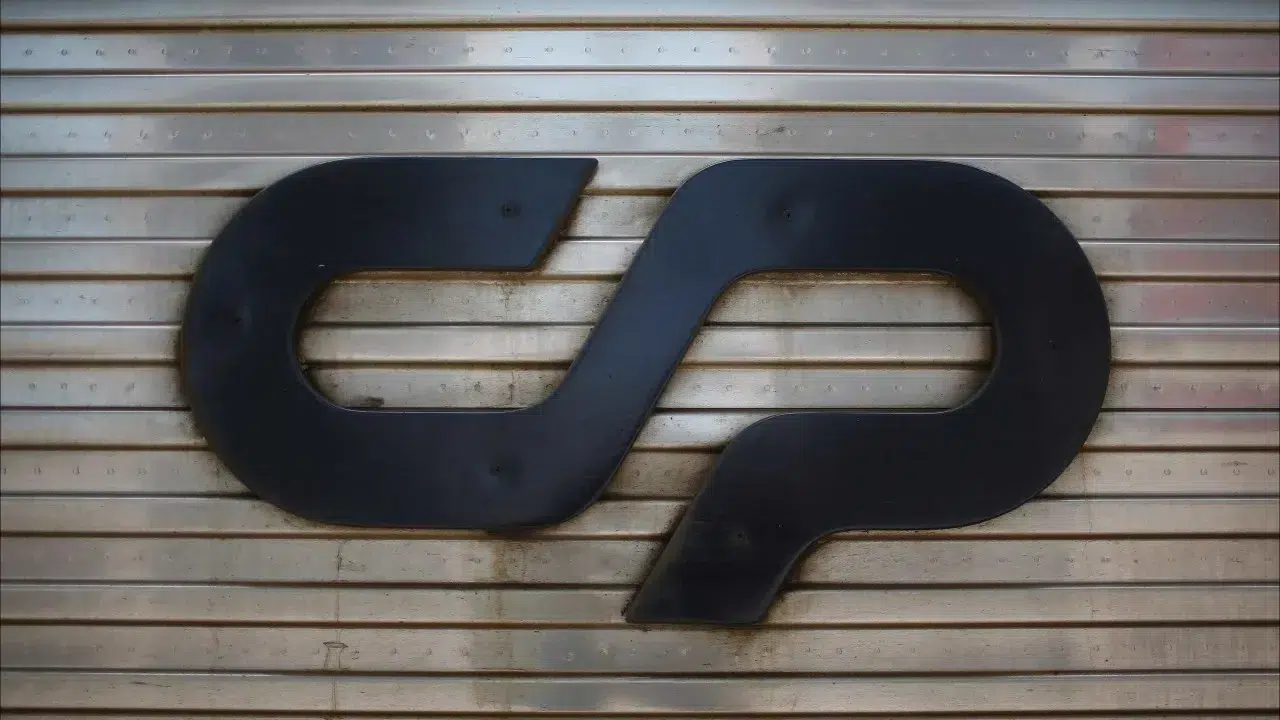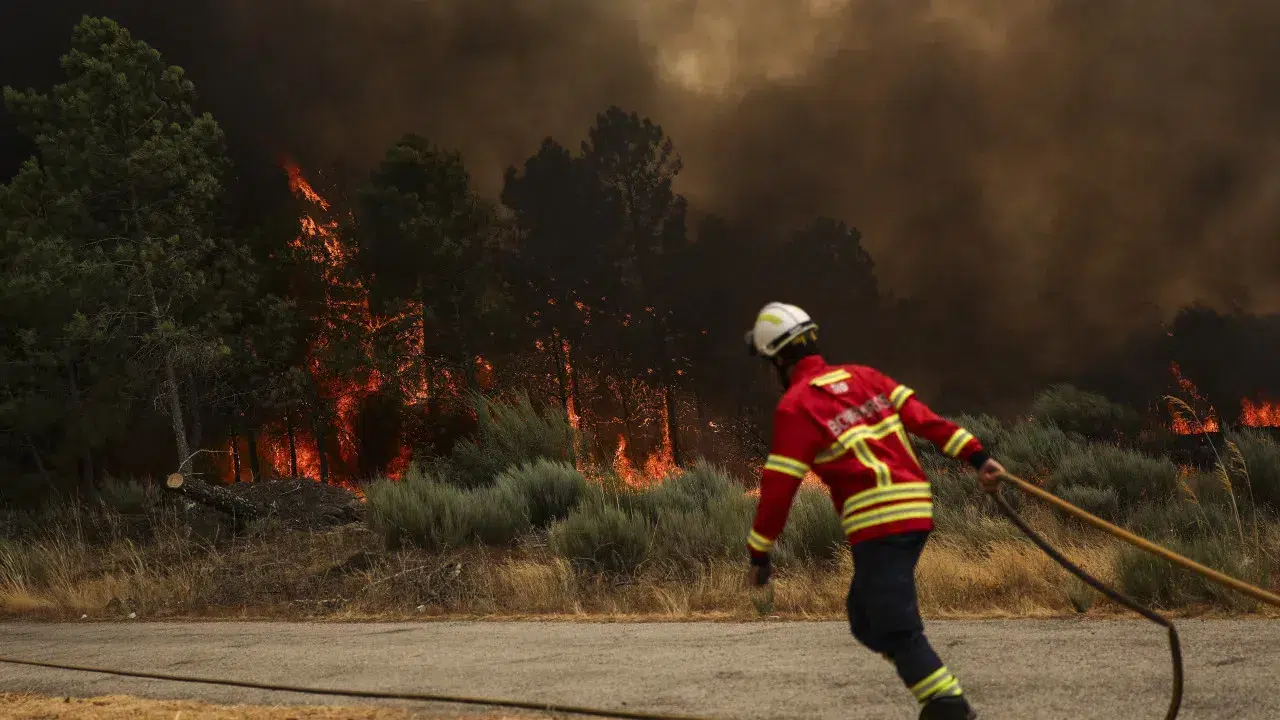
“Obviously, the existence of these units reduces the risk of at least one major fire. It might not eliminate the risk of fires, but it can drastically reduce the risk of a significant one,” stated Hugo Gonçalves.
The ULPCs are included in the 2006 Civil Protection Law and correspond to the parish territory.
The municipality of Pombal, in the district of Leiria, comprises 13 parishes and 11 ULPCs, with another one in the process of being created. The number of volunteers is approximately 200.
The work of ULPCs involves risk and vulnerability prevention and assessment, public awareness and information, and support in managing occurrences. During the summer, their activity focuses on daily land monitoring for fires.
According to the Pombal Civil Protection coordinator, “on weekends, when more volunteers are available, the municipality manages to have more than half of the ULPCs active, which is very positive.”
Hugo Gonçalves noted that this summer a ULPC carried out an initial intervention on a small fire, and when firefighters arrived, they only had to conduct the aftermath.
“It was resolved because the ULPC was just meters away. Some members noticed the smoke, found it unusual, checked it out, and immediately solved a very small issue,” he stated.
Gonçalves, who is also the commander of the Pombal Volunteer Firefighters, emphasized that “the first intervention in these situations occurs within the scope of monitoring.”
“In other words, if by chance they are monitoring and detect such a situation, [volunteers] can intervene initially, but it is not the ULPC’s role to perform fire combat,” he explained.
He stressed the importance of training for volunteers to understand “what they are doing” and know the characteristics of the area they are in.
The ULPCs in the municipality have a total of nine light vehicles equipped with intervention kits, including water tanks and tools, and two heavy vehicles with greater water capacity.
The volunteers are provided with fire-resistant uniforms, boots, and helmets marked with the municipality and parish identification.
“Even knowing that they cannot engage in combat actions, being involved in the scene of a fire to support can sometimes be necessary, including for a quick initial intervention. That type of uniform is essential,” clarified Hugo Gonçalves.
Besides insurance, volunteers receive training organized by the Municipal Civil Protection Service, with support from other civil protection agents when necessary.
The role of these volunteers extends beyond summer, with the coordinator highlighting the year-round contributions of ULPCs in situations like storms or floods.
Other interventions include identifying and communicating risks such as wall collapses and landslides, or signaling roadways.
“They report to the Municipal Civil Protection Service or possibly the relevant civil protection agent to resolve the issue,” explained the coordinator.
In March, when Storm Martinho caused damage in Pombal, ULPCs cleared municipal roads and “really made a difference,” according to Hugo Gonçalves.
“We often say that ULPCs are the right arm of the Municipal Civil Protection Service,” he affirmed.
The municipal coordinator added that “it is always very important to publicize” the existence of ULPCs as “they ultimately act as a deterrent to any inappropriate behavior by the public.”

